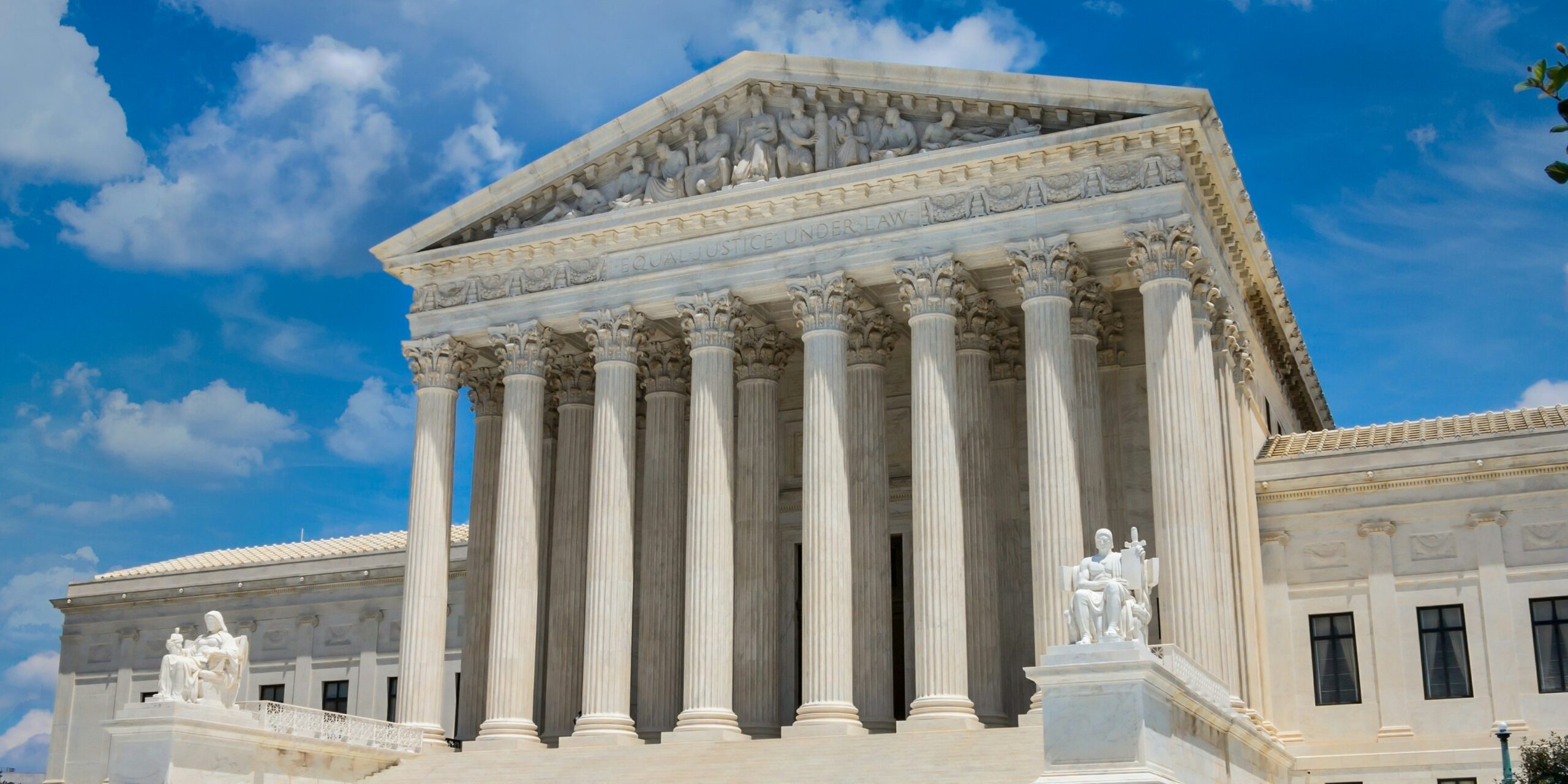The Ordinary Questions Doctrine
In Loper Bright Enterprises v. Raimondo, the Supreme Court overruled Chevron as inconsistent with the Administrative Procedure Act (“APA”), which requires courts to decide “all relevant questions of law” and therefore prohibits them from deferring to agency interpretations because the relevant statutory language is ambiguous. A different approach now governs judicial review of the countless routine, often specialized questions of statutory interpretation that agencies answer in the normal course of implementing their statutes—the “ordinary” questions.
Balancing the Burden of Qualified Immunity: How to Better Address the Original Intentions of this Limited Defense to § 1983 Claims
Gillian Isabelle 92 Geo. Wash. L. Rev. Arguendo 95 The doctrine of qualified immunity was born in a time of turmoil in the United States. A Supreme Court-created defense meant to shield government officials from petty lawsuits, qualified immunity has become a highly criticized doctrine. This criticism is representative of the ever-growing concern that government... Read More
Transformative Manners of Use: The Unofficial Bridgerton Musical and a Call for Reform in Transformative Use Analysis
Brice Kimble 92 Geo. Wash. L. Rev. Arguendo 65 Modern cases of copyright infringement largely deal with an analysis of ‘transformative use,’ a judicial creation that is seen as an outgrowth of fair use as codified in the Copyright Act of 1976. Since 1976, the application of ‘transformative use’ has been different across courts and... Read More
Previews for the 2024 October Term of the Supreme Court
As the 2024 Supreme Court term gets underway, several pivotal cases are set to challenge and refine existing legal precedents across a wide range of issues. From questions about federal authority and constitutional rights to crucial interpretations of criminal law, the following case previews provide a glimpse into the issues the Court will tackle and... Read More
TransUnion LCC v. Ramirez and the Fight to Protect Climate Change Standing
Olivia Venus 92 Geo. Wash. L. Rev. 949 As the impacts of climate change come to fruition, plaintiffs battle strict standing requirements to litigate climate harms. Federal courts impose increasingly strict definitions of injury in fact while Congress continually fails to present a comprehensive climate plan, leaving plaintiffs without a remedy. The Supreme Court recently... Read More
Shouldn’t All Asylum Be “Humanitarian”? A Case for Merging Traditional and Humanitarian Asylum and Eliminating the Particular Social Group
Katie Cantone-Hardy 92 Geo. Wash. L. Rev. 908 Asylum law in the United States faces near-constant critique. The “membership in a particular social group” eligibility category is one of its persistent thorns. Faced with a lack of legislative instruction on what “particular social group” (“PSG”) means, asylum adjudications of PSG claims have been chronically disjointed.... Read More
The Small Business Prepack: How Subchapter V Paves the Way for Bankruptcy’s Fastest Cases
Christopher D. Hampson & Jeffrey A. Katz 92 Geo. Wash. L. Rev. 851 America has long styled itself as a place where entrepreneurs can dream big and—if things go well—make it big, too. But when small businesses fail, does the U.S. bankruptcy system provide a real opportunity to preserve value and try again? For decades,... Read More
Design Patents Aren’t Patents (And It’s a Good Thing Too)
Mark A. Lemley & Mark P. McKenna 92 Geo. Wash. L. Rev. 811 In design patent law, we have created a monster—a chimera, a hybrid that sometimes looks and acts like a patent regime and then, unexpectedly, doesn’t. Courts in design patent cases sometimes apply the rules as they would in utility patent cases, sometimes... Read More
The Curious Case of the James Brown Estate
Great musicians are larger than life, and the most iconic of them become members of an elite musical monarchy: Michael Jackson was the King of Pop, Aretha Franklin was the Queen of Soul, and Prince Rogers Nelson was Prince. Similarly, James Brown, the inventor of funk music, landed a seat at this table of legendary musicians. Although lacking a royal honorific, James Brown was “the Godfather of Soul.” The Godfather of Soul, though, shared more than musical prowess with these other iconic musicians. The estates of James Brown, Michael Jackson, Aretha Franklin, and Prince all continue to face legal obstacles—years after their deaths—many of which revolve around the artists’ copyright interests . . . .
United States v. Rahimi: Resisting the “Suicide Pact” For Now
August 13, 2024 United States v. Rahimi, 602 U.S. ___, No. 22-915 (June 21, 2024) Response by Professors Mary Anne Franks and Joan Meier Geo. Wash. L. Rev. On the Docket (Oct. Term 2023) Slip Opinion | SCOTUSblog United States v. Rahimi: Resisting the “Suicide Pact” for Now In 1949 and again in 1963, Supreme... Read More


